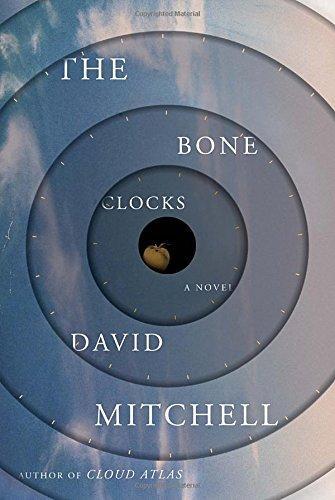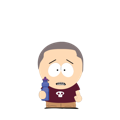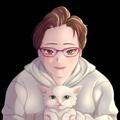sifuCJC reviewed The Bone Clocks by David Mitchell
Too frustrating to recommend
2 stars
I did make it through, but I cannot recommend this one.
The prose was so obfuscating that I'd just stop bewildered asking, 'What was that for?" I decided to continue seeing that there was some skill there. But, out of the four POV characters, two were a-holes. So I was frustrated and annoyed. Eventually, many hours later, the plot resolution did have gripping scenes; that was nice. But then the denouement was sooo freekin' depressing. So the ending didn't save it like I'd hoped.
Just can't recommend. I did not have any fun with it.
I did make it through, but I cannot recommend this one.
The prose was so obfuscating that I'd just stop bewildered asking, 'What was that for?" I decided to continue seeing that there was some skill there. But, out of the four POV characters, two were a-holes. So I was frustrated and annoyed. Eventually, many hours later, the plot resolution did have gripping scenes; that was nice. But then the denouement was sooo freekin' depressing. So the ending didn't save it like I'd hoped.
Just can't recommend. I did not have any fun with it.






